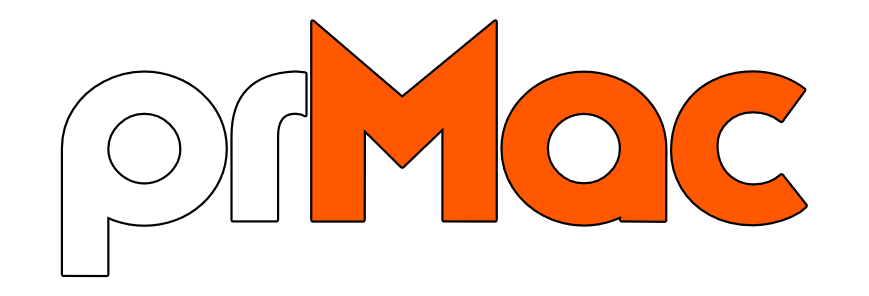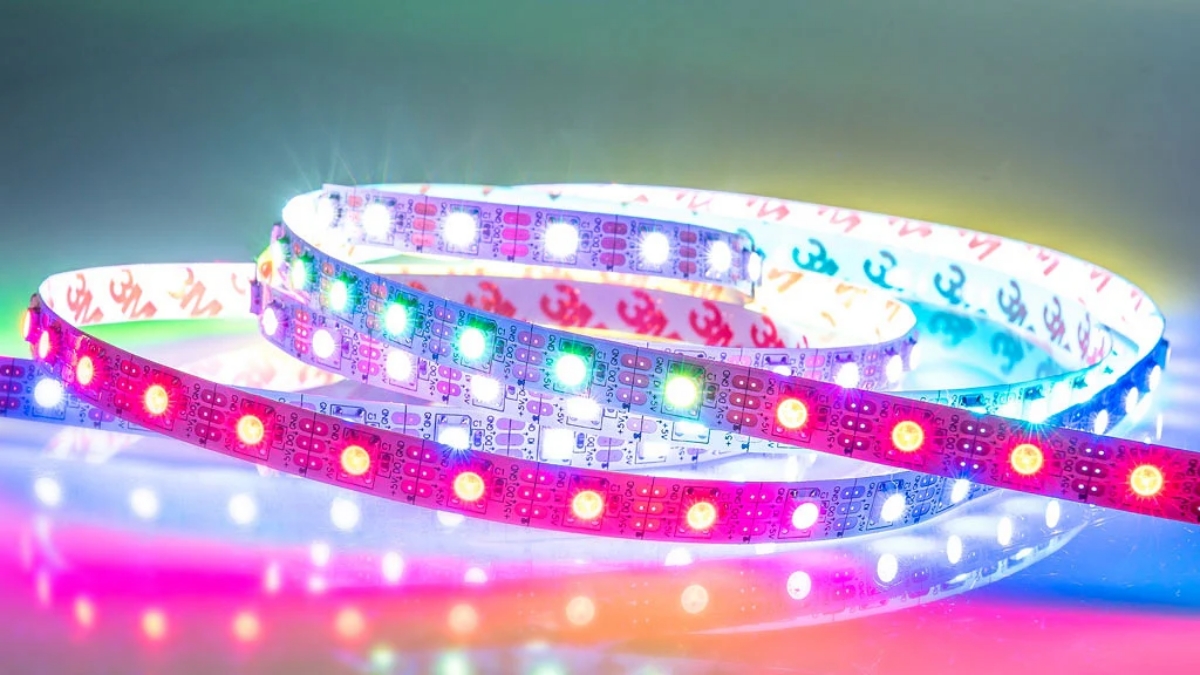LED strip lights have revolutionized the lighting industry, offering flexibility, energy efficiency, and vibrant illumination. Whether you are a retailer, a business owner, or a contractor, sourcing LED strip lights wholesale can be a cost-effective way to meet your lighting needs. This guide will help you navigate the process of finding reliable LED strip lights suppliers and understanding the benefits of LED module wholesale transactions.
Understanding LED Strip Lights
Before diving into the procurement process, it’s important to understand the basics of LED strip lights:
- Applications: LED strip lights are used in various settings, including residential, commercial, and industrial environments. They are ideal for accent lighting, task lighting, and decorative purposes.
- Types of LED Strips: There are different types of LED strips such as flexible, rigid, single-color, RGB (multicolor), and waterproof variants. Each type serves different purposes.
- Technical Specifications: Key specifications to consider include brightness (measured in lumens), color temperature (measured in Kelvin), CRI (Color Rendering Index), and power consumption.
Why Buy Wholesale?
Buying LED strip lights wholesale offers several advantages:
- Cost Savings: Bulk purchasing reduces the cost per unit, making it more economical than buying in smaller quantities.
- Consistent Supply: Ensures a steady supply of products for ongoing or future projects.
- Customization: Some suppliers offer customization options for bulk orders, allowing you to specify certain features or packaging requirements.
Finding Reliable LED Strip Lights Suppliers
The success of your wholesale purchase heavily depends on choosing the right supplier. Here’s how to find and evaluate potential LED strip lights suppliers:
- Research and Referrals: Start by researching online and asking for referrals from industry peers. Look for suppliers with strong online presence and positive reviews.
- Experience and Expertise: Choose suppliers with extensive experience in the LED lighting industry. Experienced suppliers are more likely to provide high-quality products and reliable customer service.
- Product Quality: Ensure the supplier offers products that meet industry standards. Look for certifications such as CE, RoHS, and UL, which indicate compliance with safety and quality regulations.
- Product Range: A good supplier should offer a wide range of LED strip lights, including various colors, brightness levels, and waterproof ratings. This variety allows you to choose the best products for your specific needs.
- Customer Support: Reliable customer support is essential for addressing any issues or queries that may arise during the purchasing process. Choose suppliers who are responsive and offer comprehensive support services.
Verifying Technical Specifications
When evaluating suppliers, carefully review the technical specifications of their LED strip lights. Key specifications to check include:
- Brightness (Lumens): Ensure the LED strips provide sufficient brightness for your application.
- Color Temperature (Kelvin): Choose the appropriate color temperature for your needs. Warm white (2700K-3000K) is suitable for cozy, residential environments, while cool white (5000K-6000K) is ideal for commercial spaces.
- CRI (Color Rendering Index): A higher CRI (above 80) ensures better color accuracy, which is important for applications where true color representation is crucial.
- Beam Angle: The beam angle affects the spread of light. A wider beam angle (e.g., 120 degrees) covers a larger area, while a narrower angle (e.g., 60 degrees) focuses light more intensely.
- Waterproof Rating: For outdoor or damp environments, ensure the LED strip lights have a suitable waterproof rating (IP65, IP67, or IP68).
Requesting Samples
Before making a bulk purchase, it’s wise to request samples from potential suppliers. Testing samples allows you to evaluate the quality, brightness, color accuracy, and overall performance of the LED strip lights. This step helps prevent costly mistakes and ensures you get the best product for your needs.
Negotiating Prices and Terms
Bulk purchasing should ideally result in significant cost savings. Here’s how to ensure you get the best deal:
- Compare Prices: Obtain quotes from multiple suppliers and compare prices. This helps you understand the market rate and identify the most cost-effective option.
- Negotiate Terms: Don’t hesitate to negotiate prices, especially for large orders. Discuss payment terms, shipping costs, and potential discounts.
- Review Payment Terms: Understand the payment terms offered by the supplier. Some suppliers may offer discounts for upfront payments or flexible payment plans for large orders.
Planning for Accessories and Installation
When purchasing LED strip lights in bulk, don’t forget to account for necessary accessories and installation requirements:
- Power Supplies: Ensure you have compatible power supplies for the LED strips.
- Connectors and Controllers: Purchase the necessary connectors and controllers to manage the LED strips effectively.
- Mounting Hardware: Depending on your installation method, you may need specific mounting hardware or channels.
Shipping and Delivery Considerations
Shipping costs and delivery times can significantly impact your project timeline and budget. Discuss shipping options with your supplier, including expedited shipping if you’re on a tight schedule. Also, inquire about the packaging to ensure the LED strip lights are well-protected during transit.
Establishing Long-Term Supplier Relationships
Building a long-term relationship with a reliable LED module wholesale supplier can provide ongoing benefits:
- Consistent Quality: Regular orders from a trusted supplier ensure consistent product quality.
- Better Pricing: Long-term relationships often lead to better pricing and priority service.
- Access to New Products: Established suppliers can provide early access to new and innovative products in the LED lighting market.
Staying Updated on Market Trends
The LED lighting market is continuously evolving with new technologies and trends. Staying informed about the latest developments can help you make better purchasing decisions and stay ahead of your competitors. Attend industry trade shows, subscribe to relevant publications, and participate in online forums to keep up-to-date.
Environmental Considerations
As the world shifts towards more sustainable practices, it’s important to consider the environmental impact of your purchases. Look for suppliers that offer energy-efficient and environmentally friendly LED strip lights. Choosing products with recyclable materials and eco-friendly packaging can further contribute to your sustainability goals.
Conclusion
Sourcing LED strip lights wholesale can be a smart and economical way to meet your lighting needs, whether for commercial spaces, residential projects, or creative installations. By understanding your requirements, researching reliable LED strip lights suppliers, and carefully planning your purchase, you can ensure a successful and satisfying buying experience. Remember to consider future expansion, shipping details, and payment terms to maximize your investment. Establishing a long-term relationship with a trusted LED module wholesale supplier can provide ongoing benefits and support, ensuring you have a reliable partner for all your LED lighting needs.
With these expert tips, you’ll be well-equipped to make informed decisions and illuminate your projects with high-quality LED strip lights, achieving both efficiency and elegance in your lighting solutions.

